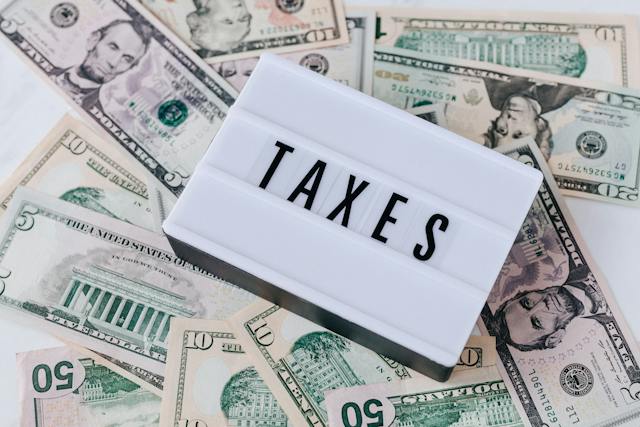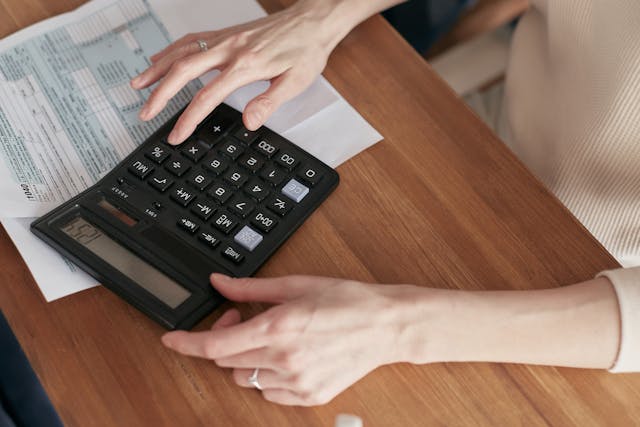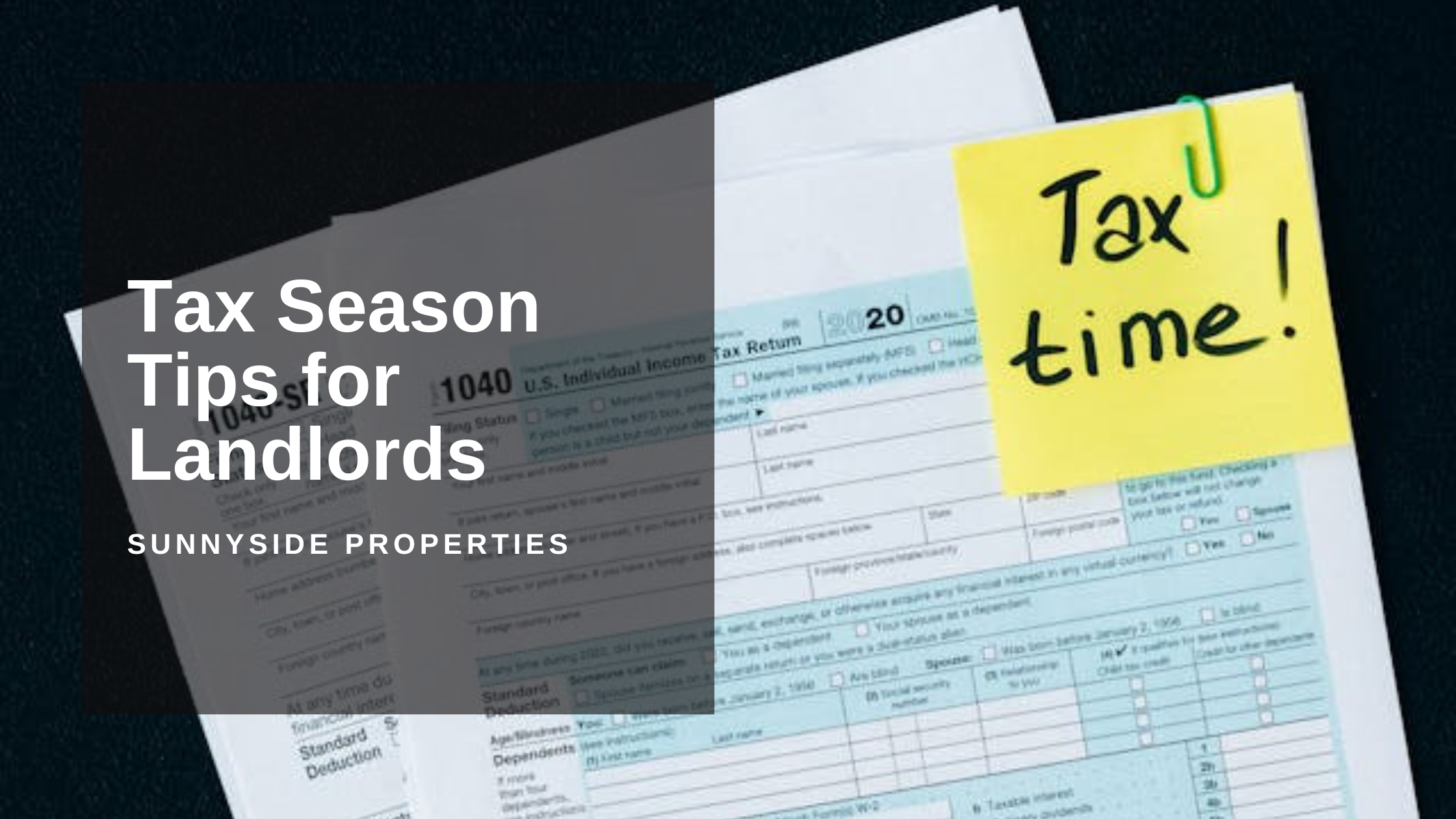Key Takeaways
Rental income includes more than just monthly rent. Be sure to report all taxable payments and services received.
Take advantage of valuable deductions like depreciation, insurance, repairs, and property management fees to help lower your taxable income.
Keeping organized records throughout the year makes tax filing much smoother and helps you claim all eligible deductions.
A good property management partner like SunnySide Properties can help you stay on top of tax rules while keeping your rental business running profitably.
Owning rental property comes with clear financial opportunities, but also tax responsibilities.
As the team at SunnySide Properties knows from working with landlords of all experience levels, it’s essential to understand how the IRS views rental income and what deductions you’re entitled to.
Navigating these rules correctly can help you protect your income and boost your bottom line.
What Counts as Rental Income?
For tax purposes, the IRS defines rental income as any payment received for the use or occupation of property. While that might sound straightforward, rental income includes far more than just the monthly rent check. Here's what else qualifies:
Advance rent: Rent payments received before the rental period starts are considered advance rent. You must report this income in the tax year it is received, even if the rental period is in the future.
Security deposits: Security deposits are usually refundable, but if you keep any part of the deposit to cover damages or unpaid rent, that portion becomes taxable income. It must be reported on your tax return as rental income.
Lease termination fees: When a tenant pays a fee to end their lease early, that payment is treated as income. This amount must be included in your taxable rental income for the year it is received.
Tenant-paid expenses: If tenants pay expenses like utilities or repairs directly and deduct them from their rent, the remaining payments still count as income to you. These amounts must be reported as rental income on your tax return.
Barter transactions: When a tenant offers services such as landscaping or maintenance instead of paying rent in cash, the IRS considers the fair market value of those services as income. You need to report this value as taxable rental income.
These income types are often overlooked, but failing to report them accurately can lead to penalties or trigger an IRS audit. Understanding what’s taxable is the first step toward better tax management.

Deductions That Reduce Your Taxable Income
The good news for landlords is that there are many ways to legally lower your tax liability. A wide range of expenses tied to operating and maintaining a rental property can be deducted from your rental income. Key deductions include:
Depreciation
One of the most valuable tools for landlords is depreciation. It allows you to deduct the cost of your property (excluding land value) over 27.5 years, reflecting wear and tear. Though it's not a cash expense, depreciation provides a significant tax break year after year.
Insurance Costs
Premiums for landlord insurance, including liability, fire, and flood coverage, can be deducted. These are necessary expenses to protect your investment and are recognized by the IRS as such.
Repairs and Maintenance
Ordinary repairs, such as fixing a leaking faucet or patching drywall, are fully deductible in the year they’re incurred. Larger improvements, like roof replacements or major remodels, must be capitalized and depreciated over time.
Property Management Fees
If you hire a property management company, their fees are considered a business expense. This includes costs related to tenant screening, rent collection, maintenance coordination, and administrative services.
These deductions can greatly reduce your taxable income and increase your net profit, making it essential to keep detailed records of every relevant expense.

Managing the Tax Fallout from the Pandemic
The COVID-19 pandemic had a lasting impact on the rental industry. With rent freezes, eviction bans, and fluctuating tenant demand, many landlords experienced inconsistent cash flow.
While federal relief programs like the Emergency Rental Assistance Program helped bridge the gap, they’ve largely ended, leaving landlords to adapt to a new landscape.
Recordkeeping: The Key to Stress-Free Tax Filing
Accurate documentation is essential for proper tax reporting. Without good records, you risk missing out on deductions or triggering IRS scrutiny. Here’s what you should consistently track:
Loan and mortgage documents
Insurance policies
Legal correspondence and permits
Receipts for repairs, maintenance, and marketing
Utility bills and tenant-paid expenses
Previous years’ tax returns
Maintaining organized records ensures you're well-prepared during tax season and offers peace of mind in the event of an audit.
Filing Taxes Based on Ownership Type
How you file your taxes will depend on how the property is owned. Here’s a breakdown:
Individual owners: File IRS Schedule E to report income and expenses related to rental real estate.
Co-owners: Each owner must report their share of income and deductions on their personal tax return.
LLCs, partnerships, or corporations: Use IRS Form 8825 to declare rental income and operating costs. Additional forms may be required depending on the business structure.
Knowing which forms apply to your situation helps avoid costly mistakes and ensures full compliance with IRS regulations.

Simplify with Professional Property Management
Keeping up with tax rules, documenting expenses, and managing rental operations can be a full-time job. A qualified property management company like SunnySide Properties can help by handling routine operations and ensuring your tax records are accurate and complete.
Beyond the day-to-day support, property managers can guide you on what qualifies as deductible, how to properly report income, and stay on top of evolving tax laws.
They also provide services like marketing, tenant placement, maintenance oversight, and rent collection, ensuring your rental business runs smoothly and profitably.
Contact SunnySide Properties Today
Bottom Line
Taxes are an unavoidable part of owning rental property, but with the right approach, they don’t have to be overwhelming.
Understanding how rental income is taxed, taking full advantage of deductions, and keeping meticulous records can protect your profits and give you a strategic advantage.
If you want expert help managing your rental property and optimizing your tax strategy, reach out to our team at SunnySide Properties. We’re here to make rental property ownership more rewarding and less stressful.
Contact us today to learn how we can help you grow your rental business.


.png)